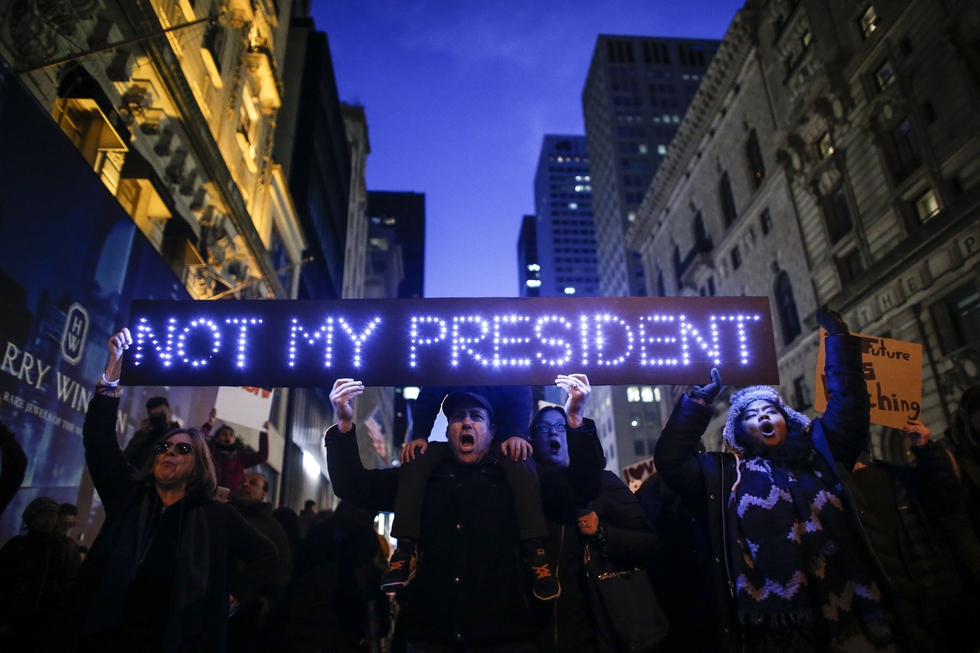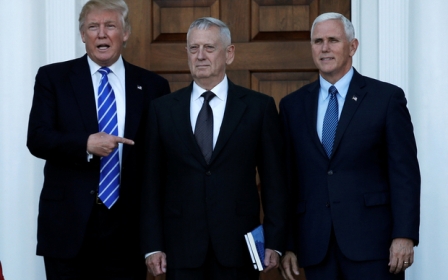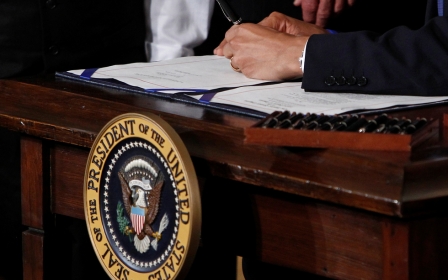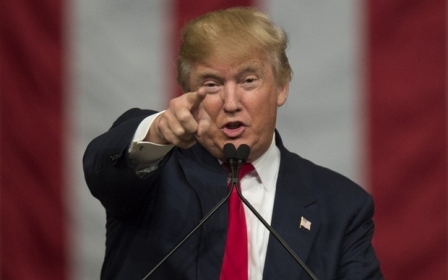Trump disowned by his immigrant-friendly home city

NEW YORK, United States – New Yorkers would usually back a local guy, but Donald Trump bucks this trend. The US president-elect’s anti-elitist nationalism won fans across much of rural America, but in his trendy and diverse hometown, Trump’s rhetoric holds little sway.
In Manhattan, where his black-glass skyscrapers loom large, 87 percent of voters chose his Democratic rival, Hillary Clinton, on 8 November. Denizens have vowed to fight the billionaire should he roll out anti-immigrant policies when he moves to the White House in January 2017.
Leading that charge is New York’s Mayor, Bill de Blasio, who has rejected many of Trump’s campaign trail policies: mass-deportations of “bad hombres,” registration rules for Muslims and the so-called stop-and-frisk policing tactic that can single out blacks and Latinos.
“We are not going to sacrifice a half million people who live among us, who are part of our community,” said de Blasio, a Democrat, referring to an estimate of the number of unauthorised immigrants living in New York. “We are not going to tear families apart.”
In his campaign, Trump, a Republican, promised to deport all 11 million undocumented immigrants from the US and threatened to withhold funds from such places as New York, San Francisco and Los Angeles that act as “sanctuary cities,” as they are known.
Officials in such hubs shield people who are in the US unlawfully by limiting their cooperation with the US Department of Immigration and Customs Enforcement (ICE) and other agencies that deport foreigners without papers.
The federal government uses “detainer requests” to target unlawful immigrants, especially violent criminals. Police forces in some sanctuary cities do not hold undocumented inmates in jail at ICE’s request unless such requests are accompanied by a judge’s order.
De Blasio: A last line of defence
According to Cathy Schneider, a native New Yorker and academic at the Washington, DC-based American University, de Blasio must “stand up” as the last line of defence against immigration hardliners in Trump’s incoming administration.
“They have both houses of Congress, they will have the Supreme Court and the hundreds of federal judges that have been held up by a Republican Congress, and they will have most state legislatures,” Schneider told Middle East Eye.
“All we have to protect our citizens and immigrants are the cities. So they have to be a bastion of protection. Nobody else seems to be able to stand up to Trump at the moment. I’m happy to hear such powerful words from de Blasio.”
'Nobody else seems to be able to stand up to Trump at the moment. I’m happy to hear such powerful words from de Blasio.'
More recently, Trump has switched focus to an estimated 2-3 million drug dealers and other immigrant criminals, vowing “to get them out”. It is unclear what policies Trump will roll out, but his nomination of anti-immigration hardliners to cabinet posts suggest he means business.
Among them is Jeff Sessions, Trump’s pick for attorney general. If confirmed by the Senate, the Alabama senator would have wide latitude over the kinds of immigration violations to prosecute and who would be deported. He could also mount legal challenges against sanctuary cities.
Casting a wide net
Anthony Enriquez, from the Immigrant Defense Project, which tackles deportations, says Trump’s numbers do not stack up. Rounding up all undocumented migrants with criminal records would include not just gangsters and killers.
It would also likely feature Latinos and others who have flouted visa rules or committed such minor misdemeanours as jaywalking, Enriquez told MEE.
Meanwhile, Trump’s stated goal of beefing up the ICE threefold would require building a large deportation force that could swoop into New York and other sanctuary cities to round up undocumented workers in restaurants, factories and other workplaces.
“He is already armed with a massive deportation and detention machine that is mobilised,” Enriquez told MEE.
“The Department of Homeland Security has been ramped up continually over the years, and now really is a threat to not just immigrants, but also US citizens who are mistakenly detained as well.”
According to Dave Ray, a spokesman for the Federation for American Immigration Reform (FAIR), a right-wing lobby group, such mayors as de Blasio serve their cities poorly by letting dangerous criminals wander the streets.
He cited the case of Kathryn Steinle, 32, who was shot and killed by a homeless undocumented Mexican immigrant in 2015. Ray said the immigrant was drawn to San Francisco because its sanctuary status meant he was less likely to be apprehended there.
“Champions of sanctuary cities are peddling the false narrative that they’re standing up for the rights of their most vulnerable residents. On the contrary, they’re turning their backs on their primary constituency: their legal residents,” Ray told MEE.
“They endanger communities by refusing to honour the types of detainer request they get from the immigration service. They end up releasing criminal aliens back onto the streets, instead of handing them over for deportation.”
Pro-immigrant groups counter that argument. Using the New York City Police Department (NYPD) to round up paperless workers is counter-productive as it heightens tensions with the very people cops need on side.
“If police investigate immigration, victims and witnesses to crime won’t come forward, afraid that they, or a family member, will be deported,” said Schneider. “Police won’t get the information they need and will have to work dangerous situations without community support.”
Cat-and-mouse game
Analysts predict a cat-and-mouse game between the Trump administration and de Blasio that could see the federal government withhold funds, while New York officials may fight back by refusing to hand over tax dollars from the nation’s financial hub.
Similarly, de Blasio may refuse to pass on addresses and other information on New Yorkers that were collected in such schemes as the IDNYC cards – anti-Trump moves that could boost the mayor’s popularity as he seeks re-election in 2017.
“The question will be whether the Trump administration really presses local authorities to hand over their fingerprint data, address lists and family court information and, when the city fights back, do something like cut off federal funding for local schools,” said Enriquez.
Trump’s recently elevated status is already causing consternation among New Yorkers. Heightened security around the Trump Tower on Fifth Avenue – where he lives in a marble-clad penthouse – is already causing gridlock and hurting sales in nearby stores.
Over the course of Trump’s presidency, New Yorkers will likely find more to get angry about.
New MEE newsletter: Jerusalem Dispatch
Sign up to get the latest insights and analysis on Israel-Palestine, alongside Turkey Unpacked and other MEE newsletters
Middle East Eye delivers independent and unrivalled coverage and analysis of the Middle East, North Africa and beyond. To learn more about republishing this content and the associated fees, please fill out this form. More about MEE can be found here.




